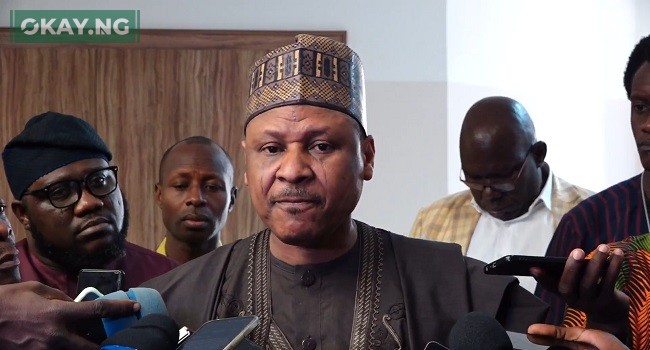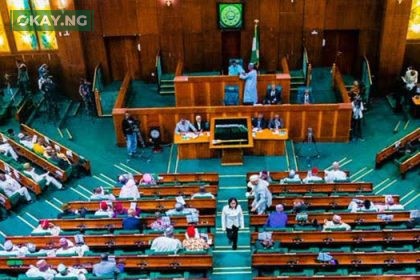The Federal Government of Nigeria has rejected the organised labour’s demand for a national minimum wage of N494,000, deeming it economically unfeasible. Minister of Information and National Orientation, Mohammed Idris, highlighted the significant financial burden, amounting to an annual expenditure of N9.5 trillion, that such a wage increase would impose on the nation’s economy. Instead, the government has proposed a new minimum wage of N60,000, a 100 percent increase from the 2019 rate, which has been accepted by the organised private sector involved in the negotiations.
Idris emphasized that meeting the labour’s demands could lead to massive job losses, particularly in the private sector, and stressed the government’s focus on the welfare of the entire population rather than a specific group of workers. He called for labour leaders to return to the negotiating table to agree on more reasonable and realistic wages.
Despite this, the Nigeria Labour Congress (NLC) has declared a nationwide indefinite strike starting at midnight on June 2, 2024, due to the government’s refusal to increase the proposed minimum wage above N60,000. The NLC had reduced its initial demand from N497,000 to N494,000, but the negotiations remained at an impasse, leading to the strike declaration.












